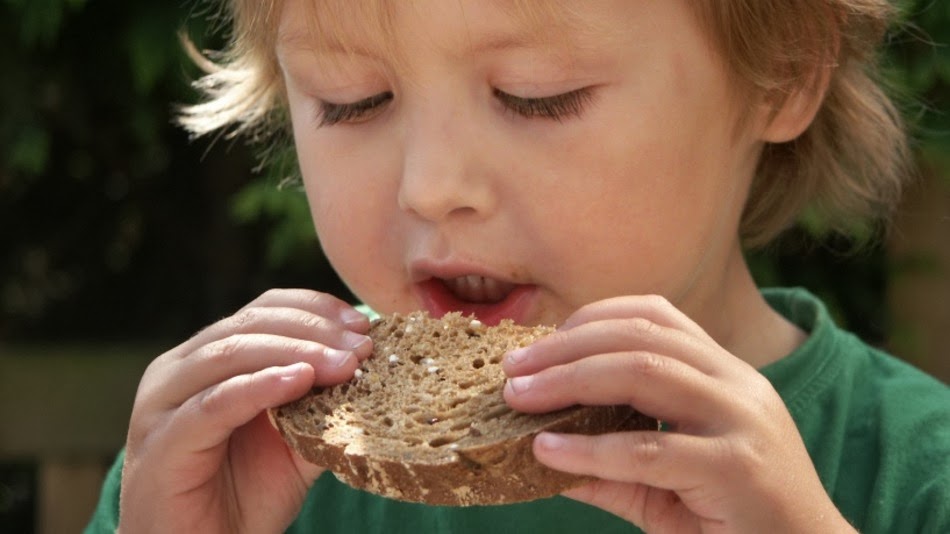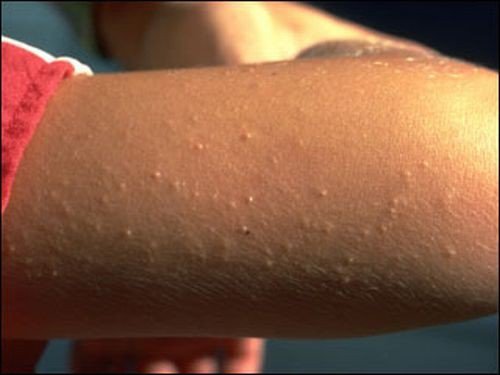Gluten is everywhere: breads, sauces, even shampoos. If your child is gluten intolerant, it can drastically affect his or her health and behavior.

If you suspect that your child has a gluten intolerance or if you’re just not sure what is the matter with your child, consider these symptoms of gluten intolerance and try a gluten free diet to see if his or her symptoms improve.
8 Signs that your child needs a gluten-free diet
As much as 15% of the population may be gluten intolerant, meaning that they should avoid wheat-based products, rye, spelt and barley. Other grain products like corn and oats may be eaten if they are not contaminated. Often, these grains are processed on the same equipment as wheat, so if your child is intolerant, make sure the product is certified gluten-free.
1 . Gas, bloating, diarrhea or constipation
Gluten intolerance can wreak havoc on the digestive system.
2 . Fatigue or trouble concentrating

After eaten food containing gluten, your child may feel weak or unfocused.
3 . Dizziness
Gluten can cause your child to feel unbalanced, dizzy or other symptoms.
4 . Migraines
Wheat is an important migraine trigger. People who are gluten sensitive are susceptible to migraines after eating wheat or gluten.
5 . Emotional problems
Anxiety, depression, mood changes and even attention deficit disorder/hyperactivity disorder can be triggered by gluten.
6 . Arms with dry, scaly skin

A condition called keratosis pilaris (or chicken skin)can occur on your child’s back, arms or cheeks. This is a result of a deficiency of fatty acids and Vitamin A, which is caused by poor absorption of fats due to gluten damage in the intestine.
7 . Hormone imbalance
If your daughter is going through puberty, consuming gluten can affect her menstrual periods.
8 . Inflammation
Gluten can cause joint pain and inflammation.
If you suspect that your child is gluten intolerant, consider taking them in for a celiac disease test. However, the best way to determine if your child is intolerant (since the celiac test is not very reliable), is to do an elimination diet. Eliminate gluten from his or her diet for three weeks and see if the symptoms improve. This is not just a diagnosis for gluten intolerance, but a treatment as well.
Once you have determined that your child is intolerant to gluten, you will want to eliminate it from his or her diet 100%. Ask for gluten free dishes when you go out to eat, and buy only products that are certified gluten-free for your child.
